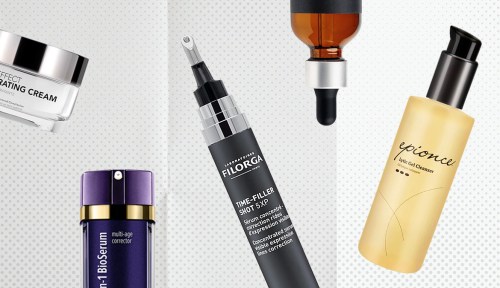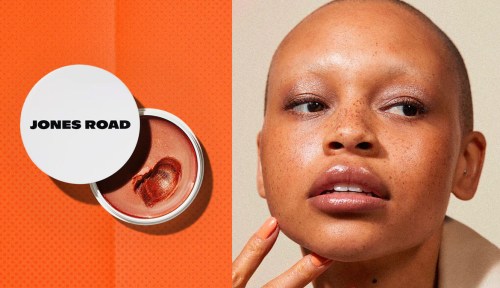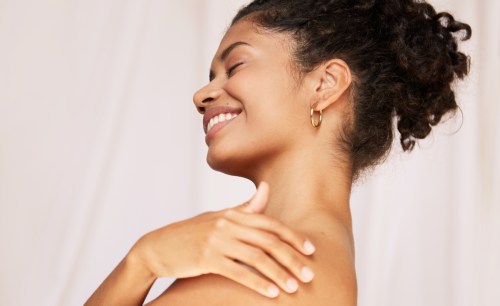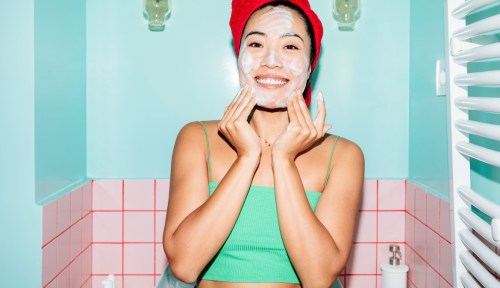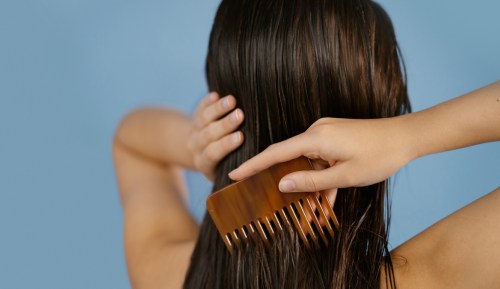Our editors independently select these products. Making a purchase through our links may earn Well+Good a commission
The skin around your eyes is super thin, and it gets thinner and thinner as you age. This means that it shows signs of aging faster than, say, your forehead or your cheeks. So if you’re interested in taking the best care of your skin for the long haul, you’ve got to prioritize your eyes, explains Deirdre Hooper, MD, a board-certified dermatologist in Louisiana.
Experts in This Article
board-certified dermatologist at Audubon Dermatology in New Orleans
celebrity esthetician and founder of Shani Darden Skin Care
“Eye skin is the thinnest skin on your face and on your body,” says Dr. Hooper. When skin gets thinner, it loses elasticity and has less support, making it more prone to wrinkles. “It’s just like fabric, right? If you’ve got a thick leather pair of pants, they’re not going to wrinkle that easily. But a little linen dress? That’s going to wrinkle and you’ve got to be real careful.”
To take care of your eye skin, there are three key things you need to keep in mind.
How to take care of your eye skin
1. Protect your eyes from the sun
“The sun is so powerful at removing both collagen and elastin, so exposure is going to make your eye skin thinner and less elastic,” says Dr. Hooper. “My number one tip is to be sure you’re applying sunblocks to your upper and lower lids, to the lashes, and reapplying to these areas during the day, because that’s going to keep your skin as protected as possible.” Up that protection by wearing sunglasses whenever you’re outside, says Shani Darden, esthetician and founder of an eponymous skin-care line. Yes, even if it’s not super sunny.
Sometimes, sunscreen can irritate your eyes when you apply it directly. To avoid this, Dr. Hooper recommends looking for gentle formulas. Generally, mineral sunscreens are better tolerated than chemical sunscreens.
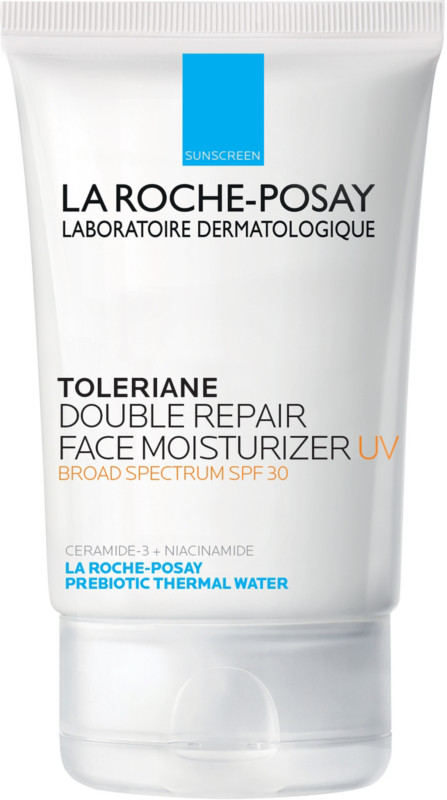
La Roche-Posay Toleriane Double Repair Face Moisturizer with Niacinamide — $20.00
Although this sunscreen uses chemical blockers like avobenzone, Dr. Hooper says that because it’s from La Roche-Posay’s Toleriane line, it’s super gentle. It’s also packed with moisturizing ceramides, soothing niacinamide, hydrating glycerin, and prebiotic thermal spring water.
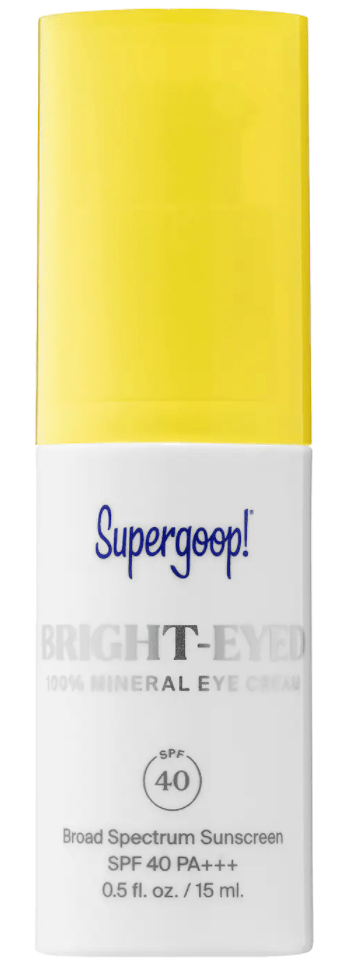
Supergoop! Bright-Eyed 100% Mineral Eye Cream SPF 40 PA+++ — $36.00
This 100 percent zinc oxide Supergoop! sunscreen is made specifically for your eyes. The formula also contains wild butterfly ginger flower (an antioxidant that helps protect against damage caused by blue light), and a blend of probiotics, pomegranate, and caffeine that brighten and reduce the appearance of dark circles and puffiness.
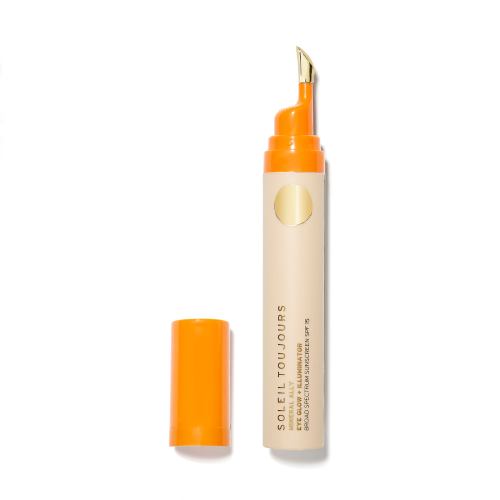
Soleil Toujours Mineral Ally Eye Glow + Illuminator SPF 15 — $68.00
Another eye-specific sunscreen, this mineral formula offers SPF 15 (which means you’ll want to layer it on over your standard facial sunscreen to ensure you’re getting the derm-recommended daily dose of SPF 30). What makes it truly great, though, is that it’s got a luminous finish that will brighten the appearance of the skin around your eyes, plus antioxidants for protection and cooling ingredients to diminish puffiness.
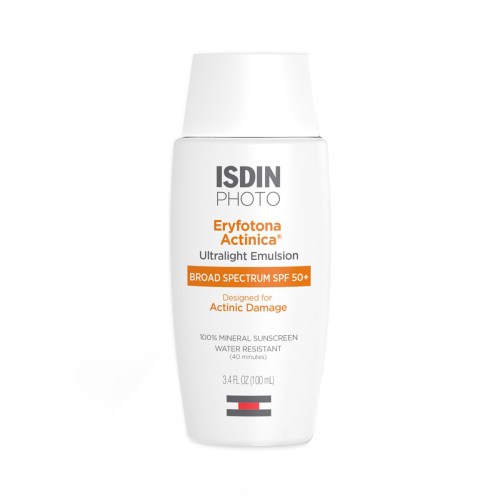
Isdin Eryfotona Actinica SPF 50+ — $60.00
This super lightweight sunscreen uses 100 percent zinc oxide to block the sun’s rays. It also contains photolyase, a plankton-derived enzyme to help repair sun damage, and vitamin E, an antioxidant that nourishes the skin and protects it from environmental stressors.
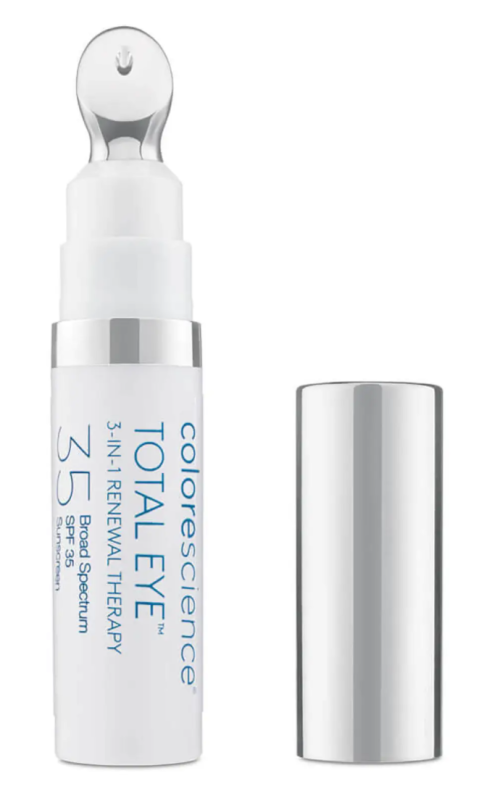
Colorescience Total Eye 3-in-1 Renewal Therapy SPF 35 — $74.00
This tinted eye cream provides SPF 35 mineral protection using a blend of titanium dioxide and zinc oxide. It’s also packed with antioxidants and hyaluronic acid to alleviate signs of aging, dark circles, puffiness, sun damage, and dryness.
2. Be gentle
Your eye skin is super delicate, so Darden says you have to be careful when you’re touching it. “Use gentle movements when cleansing the eye area and gently smooth or pat when applying any products,” she explains. “You never want to tug at the skin.”
Not only can tugging at and rubbing your eyes cause irritation, but it can also cause the undereye area to darken, says Dr. Hopper. “Especially in patients with skin of color, one of the biggest complaints is, ‘my eye skin is dark,’ and a lot of the times it’s dark because it’s been rubbed chronically,” she says. So if you’ve got itchy eyes, don’t rub or scratch them—either pat them or apply something cool like an ice pack. If they’re always itchy, she says to talk to your doctor about trying an antihistamine.
3. Apply products to both your upper and lower lids
Everyone is often focused on caring for their under-eye, but you don’t want to forget about your eyelids. “Depending on your ethnicity and your genetics, you see problems on the under-eye starting around age, honestly, 30,” says Dr. Hooper. “Then, the upper eyelid starts going on everybody in the mid-40s.” If your goal is to delay signs of aging (and combat any flaky, dry skin on eyelids while you’re at it), don’t wait another second to start taking care of your eye skin.
4. Use products designed for the eyes
When shopping for a good eye cream, Dr. Hooper says to expect them to be a bit expensive. They tend to contain higher concentrations of active ingredients, which is what ups their price point, but Dr. Hooper confirms that the research and formulas that go into making higher-end products make them worth it. However, if shelling out for a top-notch cream isn’t right for you, she says it’s best to spend your money on the holy trinity of skin care—SPF, an antioxidant, and a retinoid. “Most products that are made for the face can absolutely translate their benefits to eyelid skin,” says Dr. Hooper. “You don’t have to purchase an eye cream.”
But, if you want the best results and are okay spending a little extra money, get the eye cream.
“It’s best to specifically use products that are formulated specifically for the eye area,” says Darden. “They are formulated at a lower molecular weight than moisturizers, which means they can penetrate the delicate eye area better. Additionally, eye creams are formulated with ingredients to specifically target fine lines, puffiness, and dark circles for brighter, more youthful eyes.”

Neocutis Lumière Firm Riche Extra Moisturizing Illuminating Tightening Eye Cream — $118.00
“I’ve tried every eye cream I think that might exist over the years and I’ve never applied one and thought it felt better than Lumière,” says Dr. Hooper. “I would say the proof is in the pudding. I’ve been using it for 15 years and I really think my eyelids have aged well.”
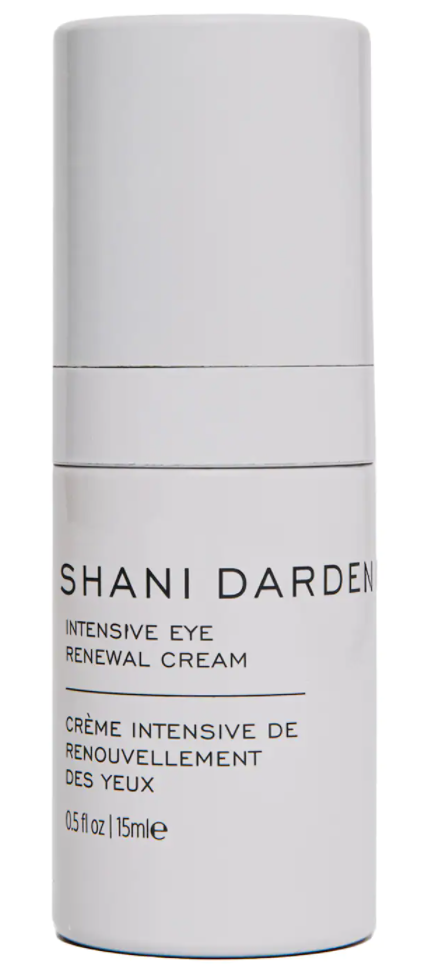
Shani Darden Skin Care Intensive Eye Renewal Cream — $68.00
Darden loves this eye cream from her skin-care line. “It’s a luxurious formula that melts into the skin, featuring nine age-defying actives including potent peptides to plump and firm, silk tree extract to brighten, squalene to hydrate, and niacinamide to fight wrinkles,” she says. “This nutrient-rich cream softens the appearance of crow’s feet and dark circles, leaving the eye area visibly firmer, brighter, crease-free, and ready for makeup.”
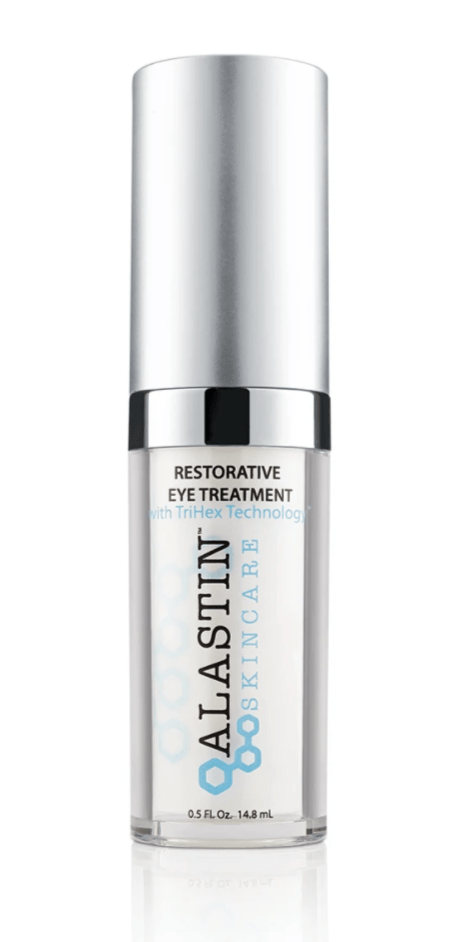
Alastin Restorative Eye Treatment — $85.00
Made with a blend of peptides, niacinamide, green tea, and oak leaf, this treatment from Alastin works to boost collagen and elastin production. It also helps reduce the appearance of dark circles, smooth fine lines and wrinkles, reduce puffiness, and brighten and even skin tone.

Senté Illumine Eye Cream — $99.00
Senté’s illuminating eye cream stars Heparan Sulfate Analog (HSA), the brand’s proprietary molecule that delivers ultimate skin hydration and renewal. Plus, it contains niacinamide to help support the skin’s barrier, jojoba butter to moisturize, replenish, and soothe, and peptides to reduce the appearance of fine lines and wrinkles.
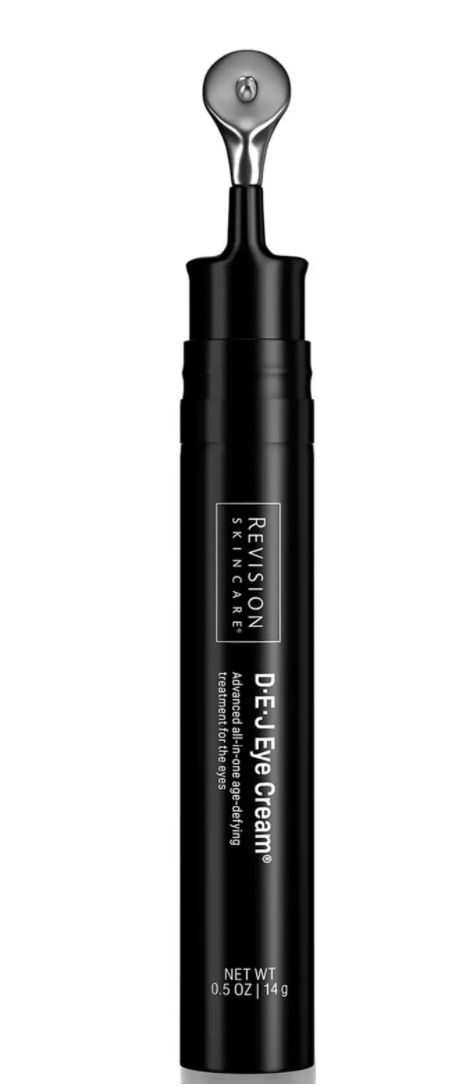
Revision Skincare D.E.J Eye Cream — $100.00
This Revision eye cream is full of prebiotics, peptides, and antioxidants to enhance the skin’s natural ability to balance and diversify its own microbiome, moisturize the skin, reduce the appearance of fine lines and wrinkles, and energize the skin.
Learn more about caring for your eyes:
Oh hi! You look like someone who loves free workouts, discounts for cutting-edge wellness brands, and exclusive Well+Good content. Sign up for Well+, our online community of wellness insiders, and unlock your rewards instantly.
Sign up for the Well+Good SHOP Newsletter
Get exclusive deals on wellness, beauty, fitness, and food products that have been hand-picked by our editors.
Got it, you've been added to our email list.


